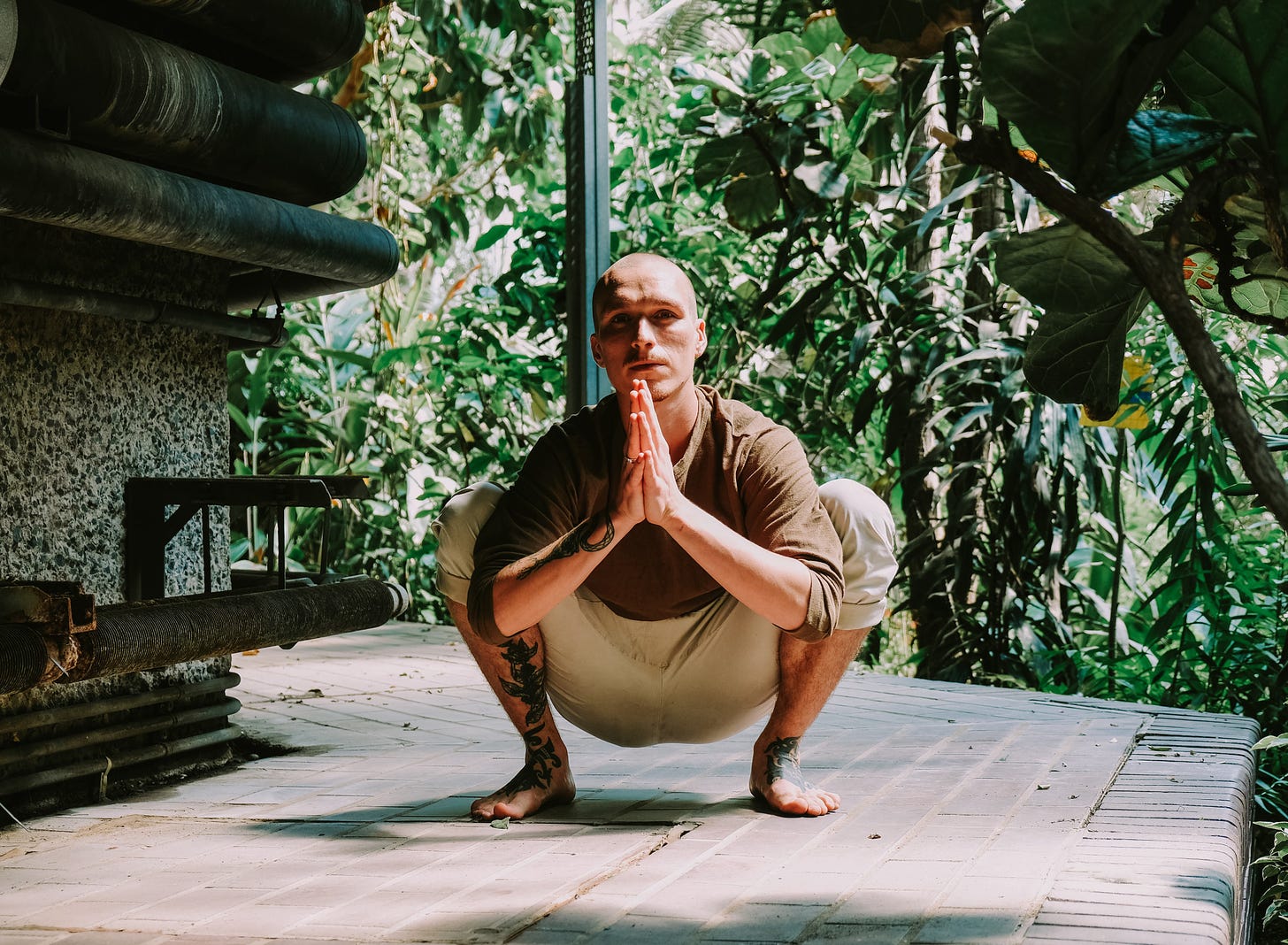As we go through life, we cross paths with thousands of others. Many remain strangers, some become acquaintances, few turn into close friends, but only a handful stand as beacons of admiration.
What sets the last kind apart from the others are not their achievements or standing in life but their redeeming qualities.
Testament to this is that the people I admire come from diverse walks of life — a gym janitor, close friends, a watchman, and a professor, to name a few.
Despite forming quite a motley crew, I’ve found them all to possess three qualities in common.
Developing these qualities has made me much more likable and admirable as well. You can also do the same.
The Core of Every Human Relationship
After my first epiphany, ashamed of the things I’d done in the past, I didn’t open up to anyone. But I soon met someone that I felt comfortable divulging everything.
This person, now a good friend of mine, had an awe-inspiring quality — he’d keep his mouth sewed shut. Whatever you told him stayed with him, safer than a high-security bank locker. And everyone adored him for that.
With trust being the core of every human relation, trustworthiness made him not just likable but lovable. But trustworthiness goes beyond being able to keep secrets — it also signifies trust in the other person’s capabilities and qualities.
I have a friend who I can always rely upon, irrespective of the problem I might have. Having such people in your life is a powerful reassurance.
Another thing I’ve noticed is that — trustworthy people generously trust others as well. In fact,
Trusting someone inspires trustworthiness in them.
One night, I’m at the campus gate to receive a food order but my bank server’s facing an issue. Helpless, I turn to the security guard, who without asking a single question, readily pays.
Profusely thanking him, I promise to repay him back the moment my bank’s back up.
I also press him to take my phone number, but he doesn’t. We didn’t know each other and there was no way he could’ve made out my face in the night. But he trusted me — a complete stranger.
Just this made me promptly repay him the next morning itself. So, trust goes both ways — you need to be trustworthy and willing to trust. In fact, they’re linked. As Lao Tzu says — “He who does not trust enough will not be trusted.”
Here, there’s a fine balance. Neither be naïve enough to trust everyone nor be a paranoid cynic suspicious of everyone. The former will feed you ample betrayal pies while the latter will make you miserable.
“Never trust someone who lies to you. Never lie to someone who trusts you.” — Deanna Wadsworth
Be trustworthy, reliable, and willing to trust others. Keep your word. Guard the secrets you’re told. Don’t make false promises. Neither betray anyone nor trust the ones that betray you.

Keeping It Real
The new professor walks in, introduces himself, and launches into talking about the course. I don’t pay attention until I hear him say, “I won’t fail anyone in my course. My intent is for you to learn. Whether you do is up to you. Just attend all the exams and you’re good to go.”
I listen with rapt attention, and the more I do, the more I’m amazed. He finishes by saying — “I won’t take attendance either. Attend my class only if you’re interested.”
This professor was real. Like real raw—in a country of egoistic and authoritative professors, this was a pleasant surprise. He soon became my favorite professor, and I started blindly taking his courses.
He was the crowd favorite as well. It’s no surprise given how rare genuine people are.
“Authentic people stand out like beacons in the dark.”
Being genuine, just like trust, inspires the other person to be genuine as well.
One day, mid-class, we had to leave for a movie that we’d booked tickets for. And instead of making up an excuse, I actually told him the truth. And with a jovial slap on the back, he let us go.
In a world of fake people that hide behind masks and constantly try to portray their best selves, authentic people stand out like beacons in the dark.
Ripping off your mask right away can be daunting. So start with your closest circle — best friends and family. Once they notice and appreciate the change, expand to acquaintances. And finally strangers.
With strangers, it’s especially tempting to put on a facade — for a favorable first impression. But resist it. Remind yourself that you can’t keep the facade up forever — your real self will be revealed someday. As Nathaniel Hawthorne says,
“No one man can, for any considerable time, wear one face to himself, and another to the multitude, without finally getting bewildered as to which is the true one.”
The Divine Quality
Before I could control it, the stabbing words came tumbling out. His face scrunches up and he responds with a sharp rejoinder. My temper flares and I strike him hard.
With a stare of intense pain, he walks away. I try to apologize, but the words don’t come out. “There’s no way he’d forgive me this time. Not after what I uttered. I wouldn’t if I were him.”, I muse.
The next day, I hesitantly walk up to him and lay a hand on his back. “I’m really sorry, man. I didn’t mean what I said.”
Instead of violently shrugging me off, he beams with a smile and responds, “Of course, bro! You don’t need to tell me that.”
I’m speechless. And my affection and admiration for my friend climb a few more notches.
“To err is human. To forgive is divine.” — Alexander Pope
Be it the lack of knowledge or the influence of emotions, we make mistakes. Even the best of us do. And we all want to be forgiven — being forgiven is the best gift anyone can receive.
The regret of a mistake I made in my first relationship ate away at my innards for years. Despite it taking my ex years to get out of the mental mess I had left her in, she forgave me.
And in doing so — lifted a tremendous burden off my heart.
Life’s too short to hold grudges. Think about any grudges you might have and let go of them. You won’t be able to right away. But with time, you definitely will be able to.
Forgiving is a win-win — both you and the forgiven person get to feel magnitudes better.

Bonus: Self-Awareness
From this one quality stem a lot of other ones — self-confidence, humility, inner peace, and an absence of indecision and self-doubt.
For most of my life, I was painfully non-self aware. Some of my past doings make me shudder and reel over in cringe. But they were necessary, as it was a chain of such events that brought about my first epiphany. I discovered introspection, and it’s transformed my life since then.
Self-improvement is impossible without self-awareness. How can you improve when you don’t even know what or even whether you need to improve?
Only when you’re aware of your underlying beliefs, values, and shortcomings — can you think of changing or improving yourself.
So self-awareness is the key to pretty much everything concerning the self. And the tool to reap this power is the humble process of introspection.
Sit down at the end of each day and reflect on the day’s events and your actions and thoughts.
Ask yourself questions like, “Why did I act that way?”, “Why did that thought pop in my brain?”, “How could I’ve done that better?”, and so on.
The best part is that, if you introspect regularly for long enough, it’ll soon get programmed into your subconscious.
Nowadays, within minutes of thinking, saying, or doing something — I’ll be unconsciously reflecting on it.
And when introspection is on auto-pilot. So is self-improvement.




